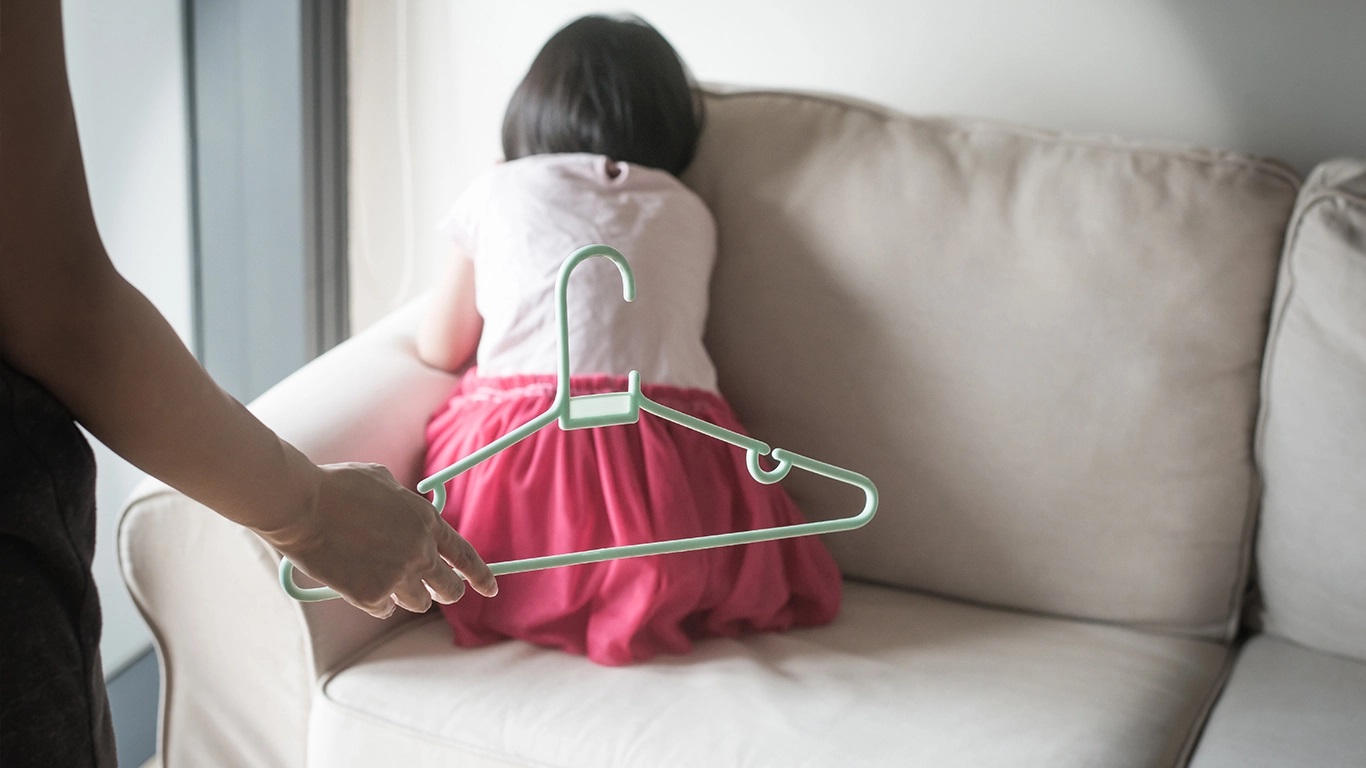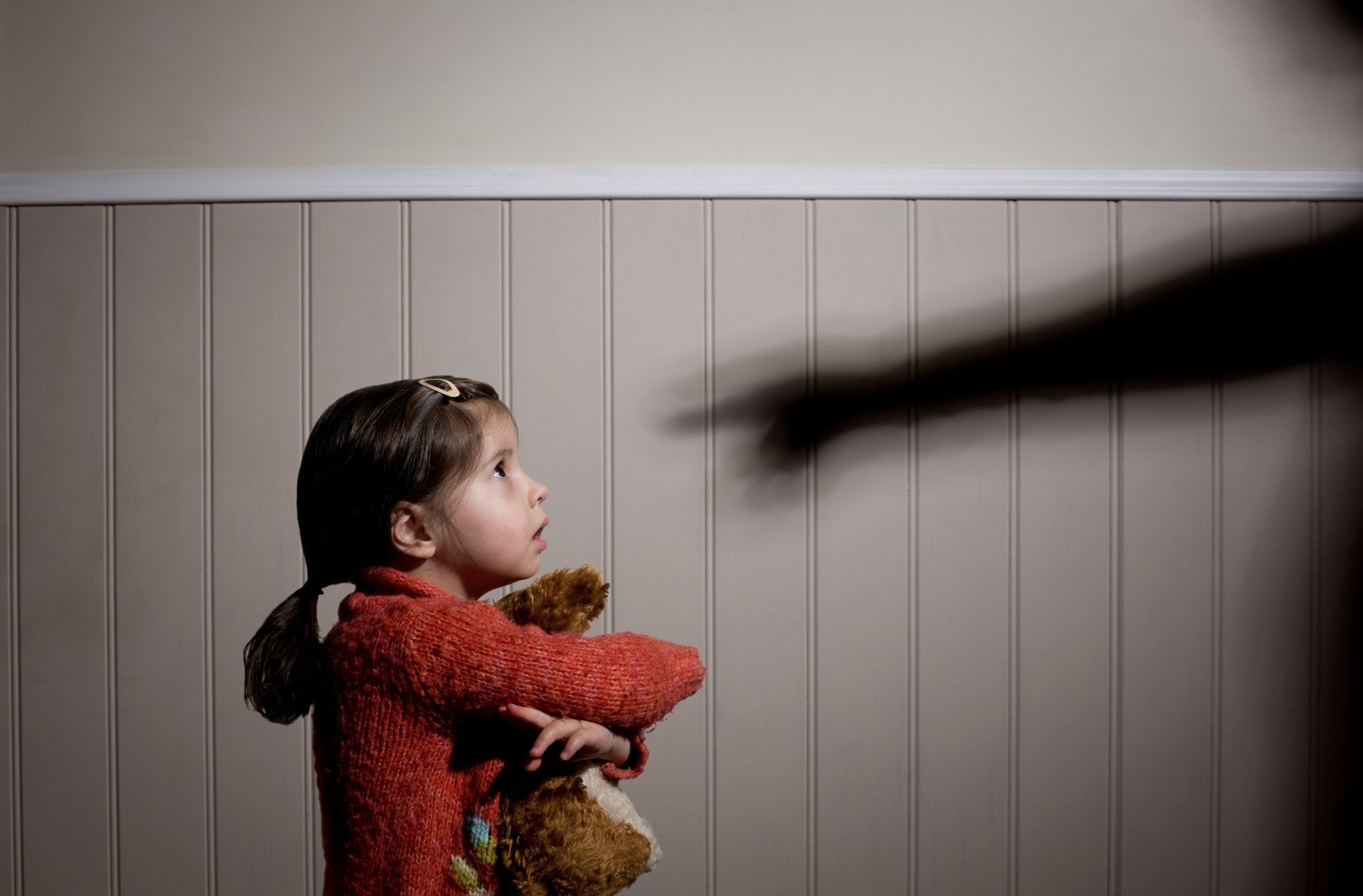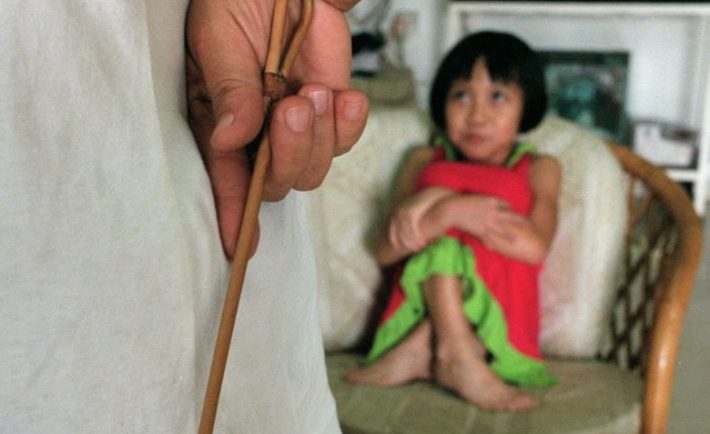Did you know that in July 2019, France became the 55th state to prohibit corporal punishment of children? Most recently, Japan also jumped on the bandwagon to ban corporal punishment at home.
Back in our days, parents had the freedom to exercise punishments as they deem fit. But with the rise in child abuse reports, there seem to be more eyeballs on the matter these days.
If you’re a parent or a caregiver, it’s even more important that you know when to draw the line. Here are what the law and the lawyers are saying about child abuse.
Children and Young Persons Act
Under this act, inflicting unnecessary physical pain, suffering or injury, any emotional harm, or injury to a child’s health or development equates to ill-treatment.
When does parental corporal punishment become a criminal offence?

Image Credits: pride.kindness.sg
According to Mr Ray Louis, a criminal lawyer and managing director of Ray Louis Law, here are the two questions he would ask:
- Why the child was punished
- How he or she was punished
He gave the example of a child being punished for not “scoring all As”.
“Can a parent punish a child for that? That’s a judgment call (for the parent)… but how is the child punished? If it’s no meals, bruises on the legs and feet… then obviously the line has been crossed,” he explained.
When it is not abuse
Mr Ashwin Ganapathy, a partner at I.R.B. Law specializing in family law and criminal defence, clarifies with a scenario that shouldn’t be deemed as abuse.
For example, if an adult canes a child’s palm once because of wrongdoings like stealing, then “no one will be jumping” on the punishment because stealing is a crime.
“It is better to nip the problem in the bud,” he said. “People may disagree with the disciplinary method, but I do not believe anyone will see that as abuse.”
Case study
A scenario would greatly aid us in our discussion of this topic. Earlier this month, a 33-year-old man was sentenced on Friday (Aug 7) to nine months’ jail on the charge of ill-treating a child by causing him unnecessary physical pain.
In short, the man vented his frustrations on his three-year-old son, caning him excessively and leaving marks all over his body. This was eventually spotted by the boy’s grandmother which led to a police report.
According to the news, these were reasons for caning:
- When the boy did not tell his father when his diapers were full
- The boy did not tell his father what he wanted
- Or when the child snatched items from his sister or other children
- Stressed after a day of work
- Pressured over financial troubles such as his salary or having to pay maintenance to his ex-wife
Mr Lee Ee Yang, the managing director of law firm Covenant Chambers said: “The proportionality is definitely infringed upon because the cane marks were found all over… it does not correspond to the severity of the transgression.”
“If the child is not cognitively developed in a way where they can appreciate the severity of the punishment… you’re not really educating the child,” he added.
Public awareness needed

Image Credits: Verywell Family
Responding to banning corporal punishment, Mr Louis highlighted that public education and awareness have a greater role to play in curbing child abuse cases.
“The more publicity there is on the ways to report suspected abuse, the risk of children getting abused will be lesser,” he said.
Spare the rod and spoil the child? It’s about time we rethink this.
If you have concerns over a child’s safety, please dial MSF’s Child Protective Service Helpline (1800 777 000) or ComCare Call (1800 222 0000).

